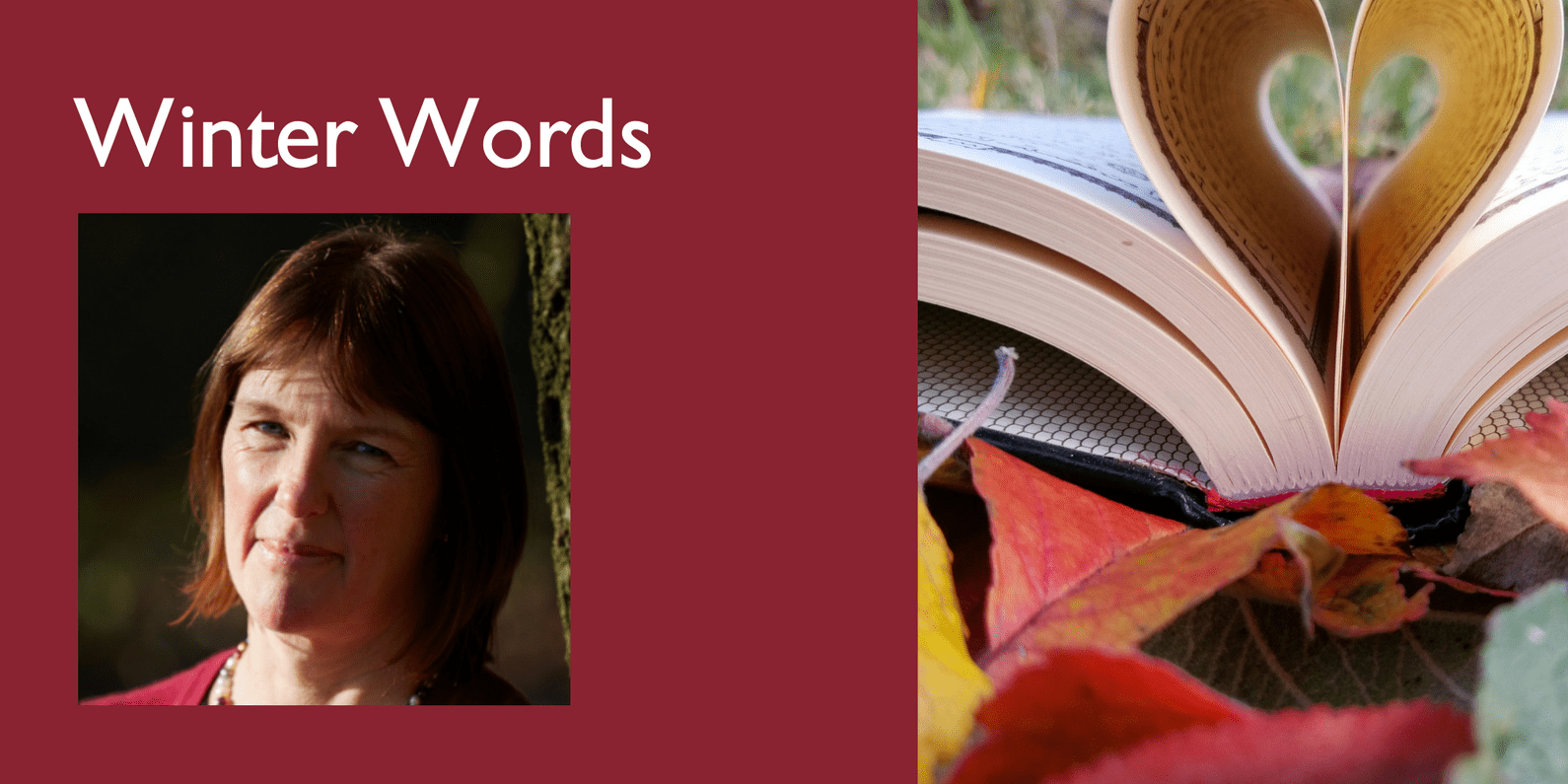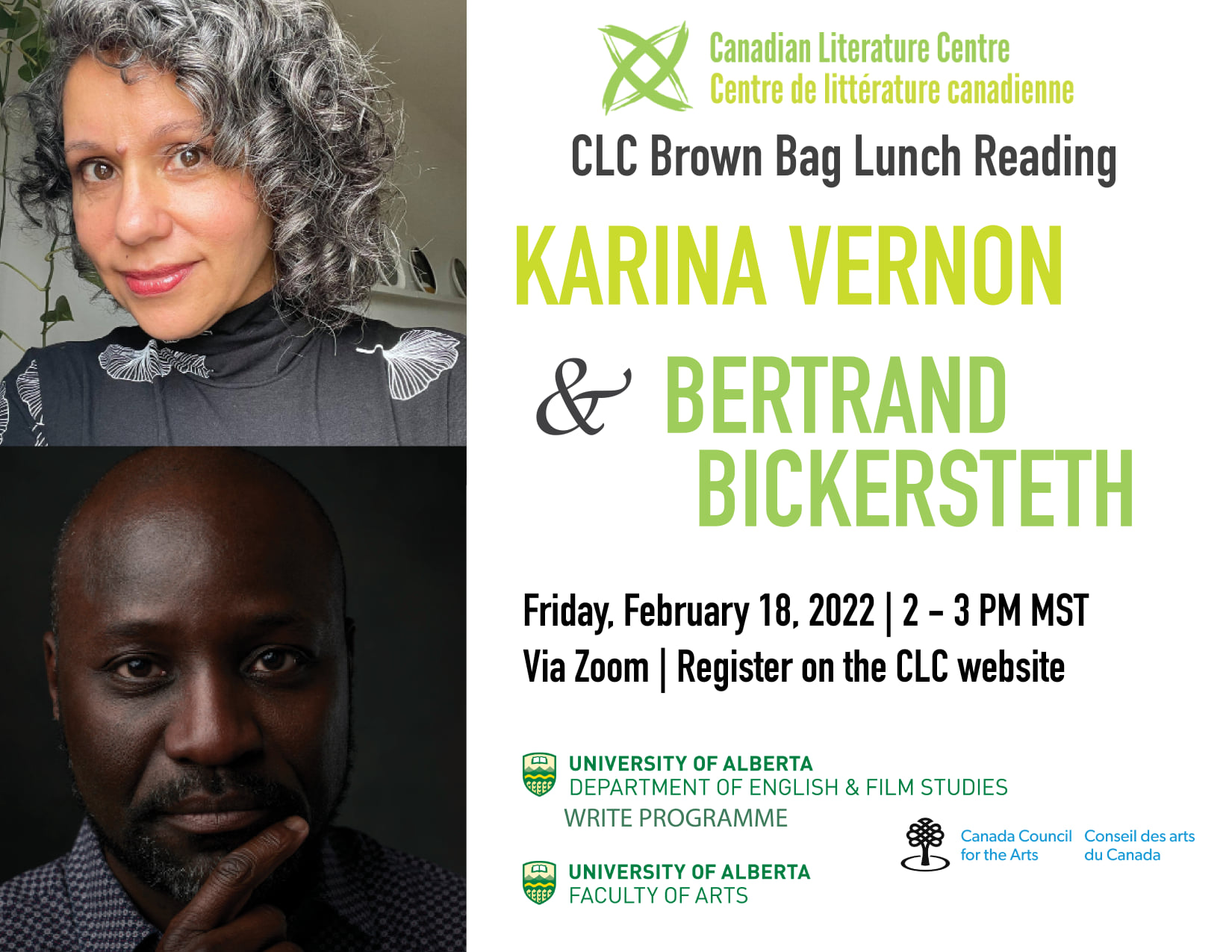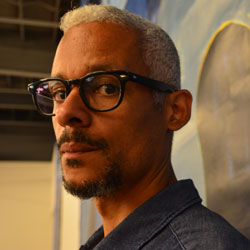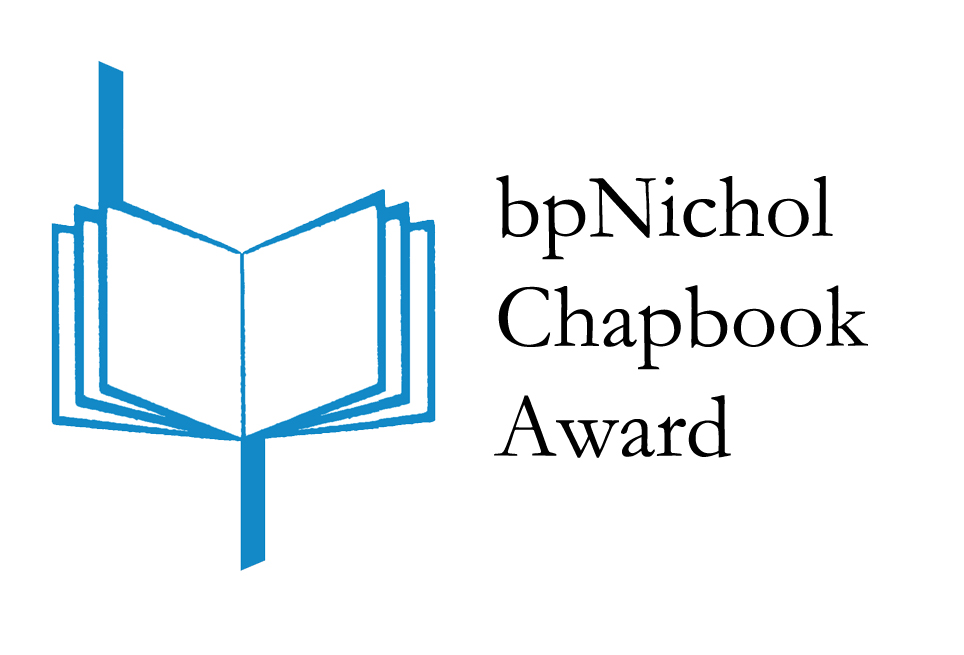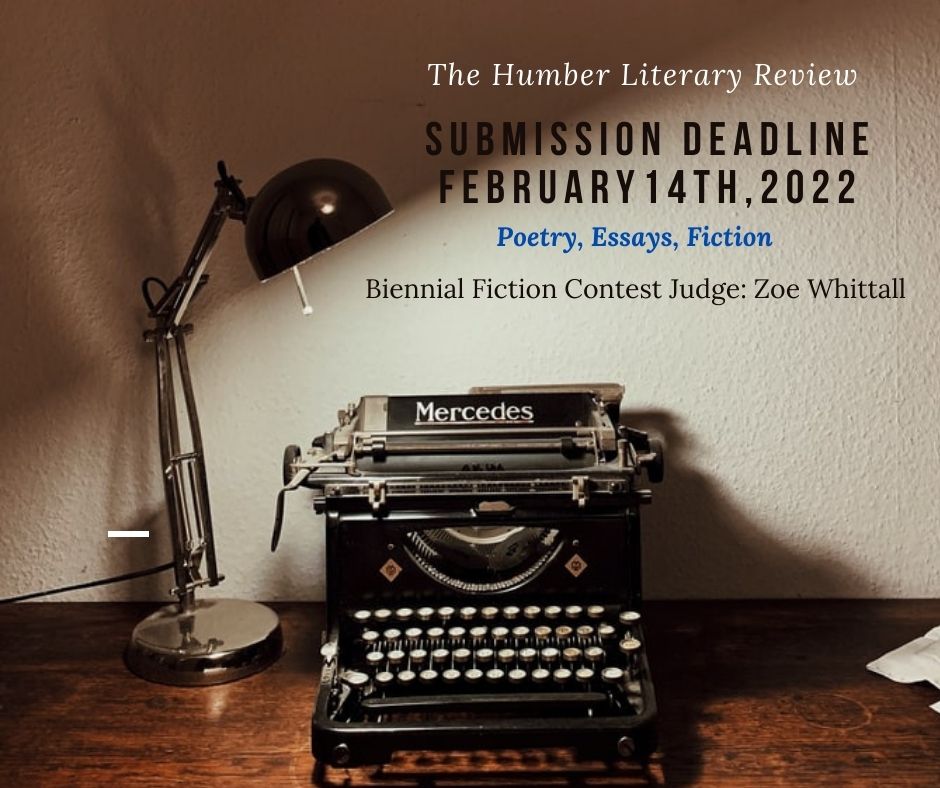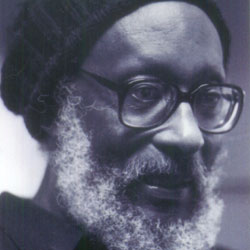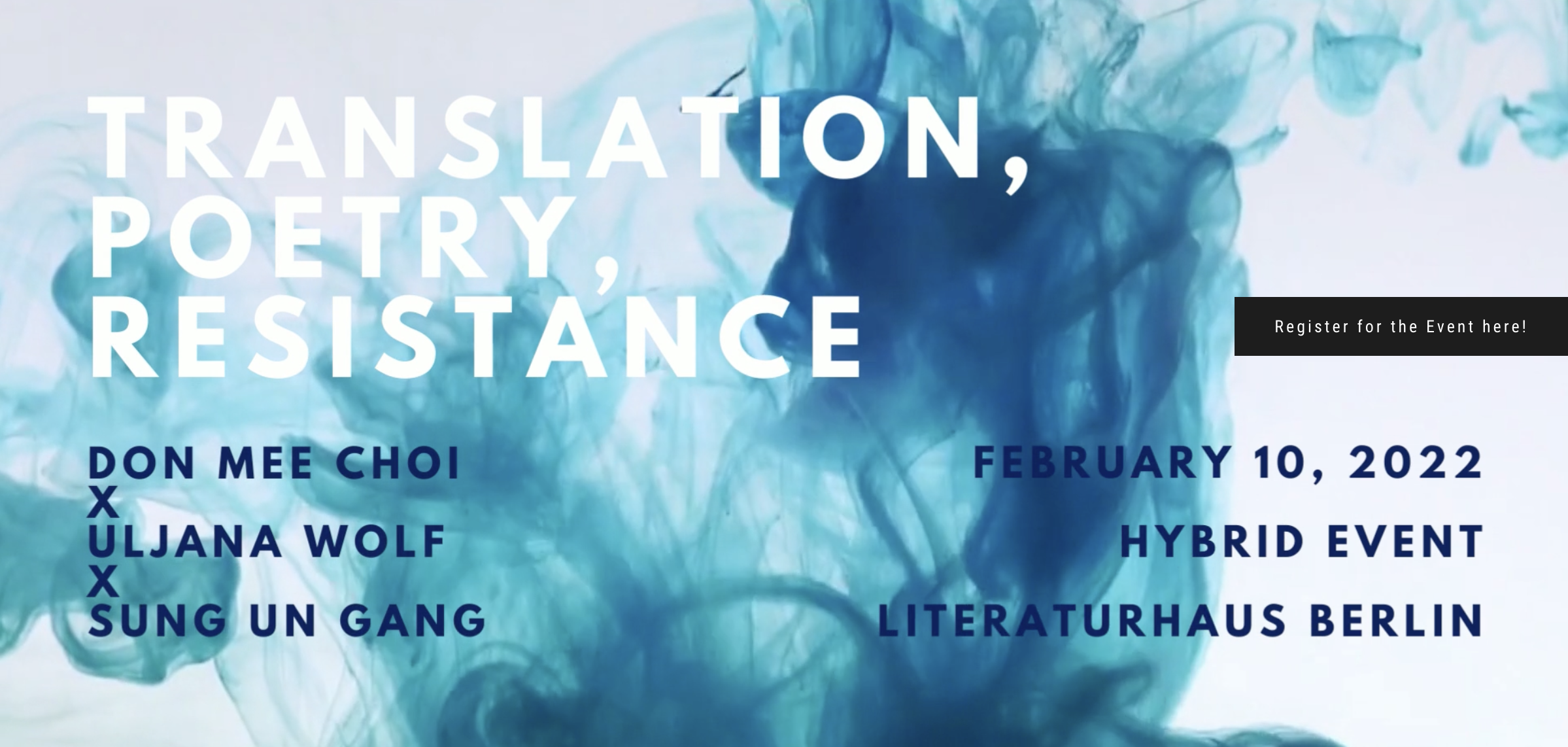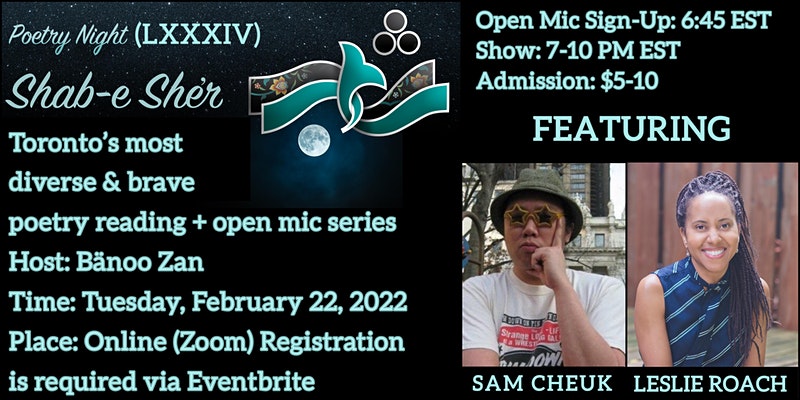 Featured poets: Leslie Roach & Sam Cheuk
Featured poets: Leslie Roach & Sam Cheuk
Host: Bänoo Zan
Leslie Roach is a Montreal-born poet, writer and lawyer. She is currently based in Ottawa, where she works for the Supreme Court of Canada. She previously worked for the United Nations, and has lived in Italy, Mali, Tanzania, Kenya and Senegal. Finish this Sentence, her debut collection of poetry, is about healing from the effects of racism, finding one’s voice and power, and claiming one’s human right to be happy. She has been featured on major media platforms, including CBC and CBC Books, and has partnered with national brands like DeSerres. She is an advocate for finding one’s power through practicing mindfulness.
Sam Cheuk is a Hong Kong-born Canadian author of Love Figures, Deus et Machina, and Postscripts from a City Burning. He is currently working on Marginalia, which examines the function, execution, and generative potential behind censorship. Cheuk lives in Vancouver.
About Shab-e She’r:
Shab-e She’r (Poetry Night) is Toronto’s most diverse and brave monthly poetry reading and open mic series. It was founded by Bänoo Zan in November 2012, two years after she immigrated to Canada. Since then, we have been bridging the gap among diverse Toronto poetry communities and have so far featured more than a hundred poets and musicians. And close to 2000 people have shared their poetry, music, songs and stories on our open mic. We have featured poets from different ethnicities, nationalities, ages, genders, sexual orientations, religions (or lack thereof), and poetic voices, styles and visions. Shab-e She’r core values are diversity and freedom of expression.
Attendance & Open Mic:
Dear poet, writer, lover of words,
If you join us to listen and enjoy, you are most welcome. You are the reason we create and run events. We are deeply grateful for your support.
During the event, the participants will be muted. You are encouraged to turn your camera off except during your performance. This is to allocate as much of the bandwidth as possible to performers.
The private chat function will be disabled to keep the online event safe. Participants can use the public chat function. They can also message the hosts and moderators.
Please do not record anyone without their permission.
Open Mic:
There is no pressure to perform or to join the open mic. Though it is a good idea to consider sharing a poem esp. if you are a woman, a refugee or an immigrant, a member of a visible minority, IBPOC, LGBTQ+, disabled, or if you have a unique perspective that is good to share with others. Shab-e She’r values are diversity and freedom of expression. We value peace, broad-mindedness, truth, and inclusion. We aim to build a community, not an exclusive club.
Open mic slots are 3 minutes or one poem (whichever is shorter), depending on the number of people who sign up. Open mic time includes all the introductory explanations, background information, and anything else you say.
If you wish to join the open mic, select your poem, rehearse and time yourself beforehand. On the day, join the online event no later than 6:45 PM. Turn your camera and audio on and message Bänoo Zan.
Then, turn your camera and mic off and wait to be put on deck or invited to share. The order of performances will not be the same as the order of sign-ups.
